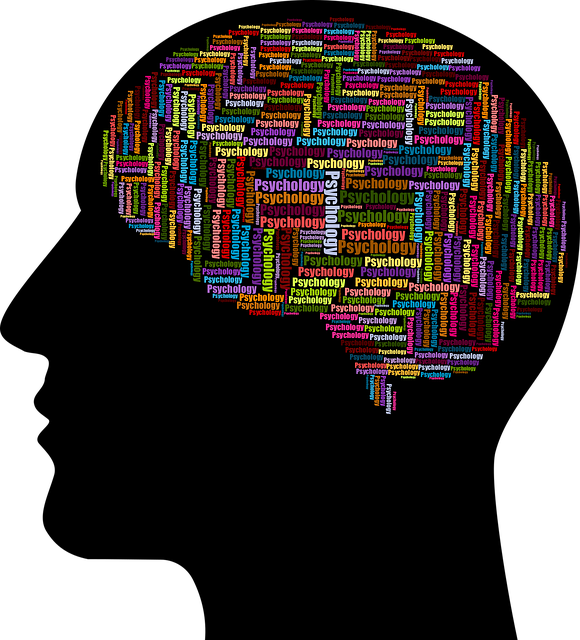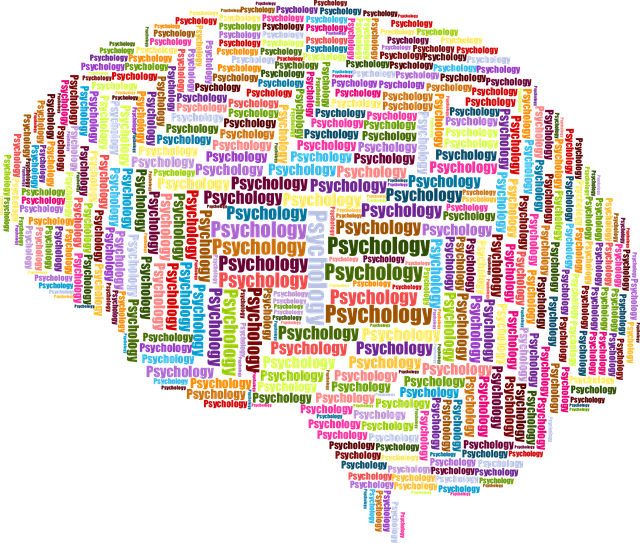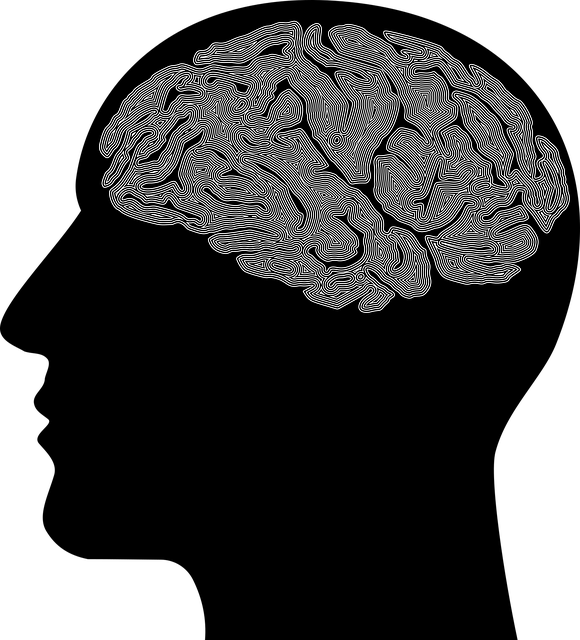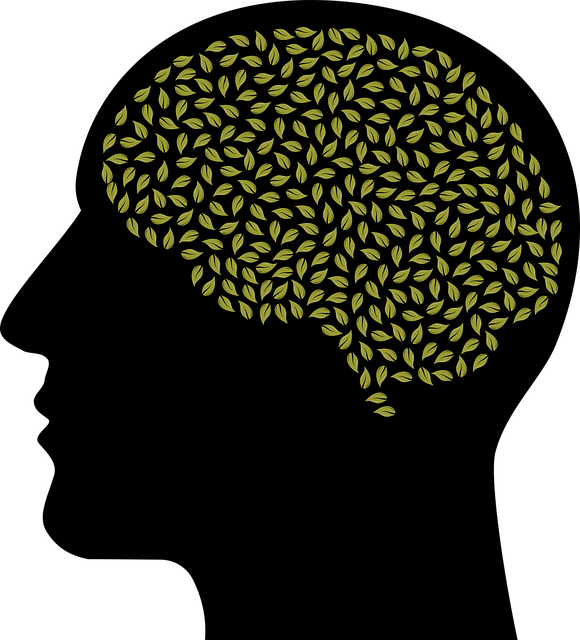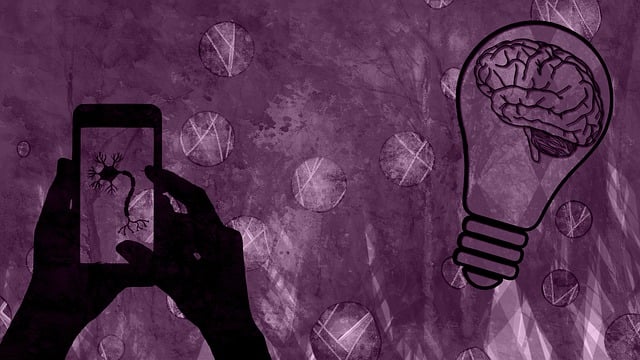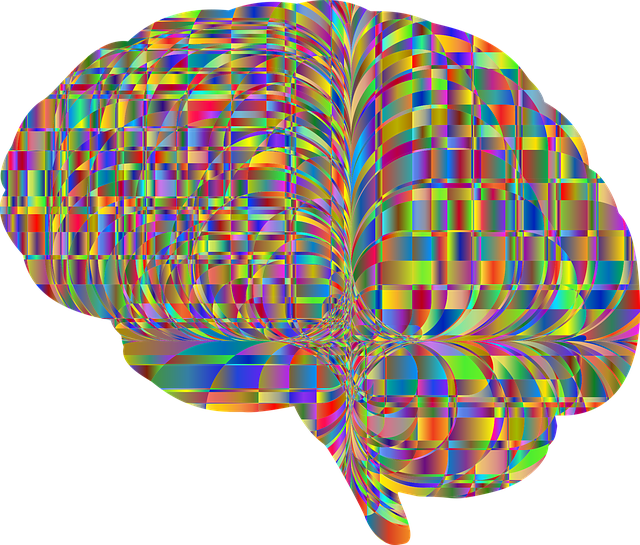Social Skills Training (SST) is a powerful therapy for ADHD/ADD, focusing on communication, empathy, and social behavior in diverse settings. Tailored by Golden ADD-ADHD Evaluations, this approach uses interactive exercises to manage emotions, navigate relationships, and prevent burnout. By improving emotional regulation and fostering positive interactions, SST enhances social functioning. These evaluations are transformative tools that reduce stigma, personalize treatment plans, and aim for holistic mental wellness through targeted care.
Social skills training is a powerful tool for individuals with mental health conditions, particularly those diagnosed with ADD/ADHD. This article explores how structured programs can enhance social interactions and overall well-being. We delve into the significance of personalized therapy, guided by comprehensive Golden ADD-ADHD Evaluations, to tailor effective strategies. By understanding the unique challenges and strengths, we uncover techniques that foster meaningful connections, improve communication, and ultimately, contribute to a more fulfilling life.
- Understanding Social Skills Training for ADD/ADHD
- The Role of Golden Evaluations in Personalized Therapy
- Strategies and Techniques for Effective Social Skills Development
Understanding Social Skills Training for ADD/ADHD

Social Skills Training (SST) is a critical component of therapy for individuals with Attention Deficit Hyperactivity Disorder (ADHD) or Attention Deficit Disorder (ADD), offering a structured approach to understanding and improving social interactions. This type of training focuses on teaching essential skills like communication, empathy, and appropriate behavior in various social settings, which are often challenging for those with ADD/ADHD. Through interactive exercises and simulations, individuals learn to navigate relationships, manage emotions, and develop strategies to enhance their overall social functioning.
SST plays a pivotal role in the comprehensive treatment of ADD/ADHD, addressing not only core symptoms but also associated areas such as emotional regulation and burnout prevention. By mastering these skills, individuals can improve their ability to engage in meaningful social exchanges, foster better connections with peers and adults, and navigate the complexities of modern social environments. Golden ADD-ADHD evaluations are essential in tailoring therapy, ensuring that SST is adapted to meet each individual’s unique needs, thereby enhancing the effectiveness of mental health policy analysis and advocacy.
The Role of Golden Evaluations in Personalized Therapy

For individuals navigating mental health conditions like ADD-ADHD, Golden ADD-ADHD Evaluations play a pivotal role in tailoring therapy to their unique needs. These comprehensive assessments go beyond traditional diagnostic methods by delving into various aspects of an individual’s life, including social interactions, communication patterns, and environmental factors. By uncovering these nuances, therapists can design personalized treatment plans that address specific challenges faced by each client.
In the context of mental wellness, the insights gained from Golden ADD-ADHD Evaluations are invaluable. They enable therapists to incorporate strategies targeted at enhancing social skills, improving emotional regulation, and fostering better relationships—all crucial components for managing ADD-ADHD effectively. Moreover, integrating these evaluations into therapy aligns with the broader goals of Mental Wellness Podcast Series Production and Community Outreach Program Implementation initiatives aimed at reducing mental illness stigma and promoting holistic support systems within communities.
Strategies and Techniques for Effective Social Skills Development

Social skills training is a powerful tool for individuals navigating mental health conditions, offering them a chance to build and refine interactions with others. Effective strategies often involve structured therapy sessions that focus on teaching practical social cues and communication techniques. These can include role-playing scenarios, where participants practice conversations in safe environments, helping them overcome anxiety or shyness. Additionally, cognitive behavioral therapy (CBT) methods are employed to challenge negative thoughts related to social situations, fostering a more positive self-perception.
For individuals with conditions like ADD/ADHD, specialized evaluations and tailored therapy programs can significantly enhance social skills development. The use of interactive games and engaging activities during therapy sessions captures their attention and improves focus. Moreover, integrating stress management workshops within the framework encourages participants to learn coping mechanisms, enabling them to navigate social interactions with reduced anxiety. These comprehensive approaches aim to empower individuals, enhancing their mental wellness through improved social connections and effective communication strategies.
Social skills training, especially through personalized evaluations like Golden ADD-ADHD assessments, is a powerful tool in managing mental health conditions such as ADHD. By understanding individual strengths and challenges, this tailored approach enables effective development of social skills, fostering better interactions and enhancing overall well-being. These strategies prove invaluable in navigating social environments, offering hope and improved quality of life for those affected by these conditions.


